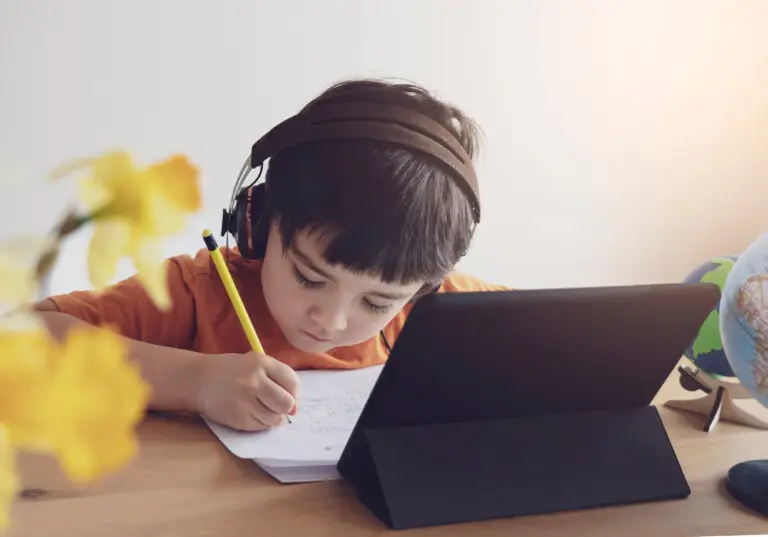This week (5th June – 11th June) is Child Safety Week; a week for parents and educators across the country to have conversations about how to improve child safety and reduce the number of accidents that harm children every day. The focus of this week is safety from physical harms, such as cars or dogs. However, as parents and educators know, one of the most serious risks to children’s safety in the modern world is the internet. As technology and social media have grown in significance in people’s lives in recent years, the need to regulate online spaces has become increasingly pertinent. To emphasise the point, data reveals that in 2022 children in the UK spent an average of 114 minutes per day on Tik Tok.
And this is where the online safety bill comes in. The landmark bill, which is currently going through committee stage in the House of Lords, is an ambitious attempt at regulating the internet – it works by placing a duty of care on tech companies to protect their users and in particular, children. If passed into law, it would give the UK’s communications regulator, Ofcom, the power to fine tech companies up to £18,000,000 or 10% of their yearly turnover (whichever is higher) for failing to meet their obligations. Additionally, the bill would give Ofcom the power to bring criminal sanctions against senior management of tech companies that fail to comply to the regulator’s information requests or that deliberately withhold or destroy information.
A force for good?
Many see the bill as an opportunity to crack down on online child abuse, which has skyrocketed since the pandemic. The NSPCC has called for the bill to be strengthened to tackle the growing problem of social media being used to groom children and young people and help facilitate a corporate culture that is focused on preventing child abuse.
Supporters of the bill also cite protecting children from content that promotes eating disorders or self-harm, and content relating to terrorism, as further examples of necessary steps required to protect children online. The case of Molly Russell is a tragic example of the terrible impact harmful online content can have on a child’s mental health. Campaigners state that social media and tech companies do not do enough to stop children from seeing harmful content, and in fact the algorithms social media companies create often lead to children falling into a spiral of seeing increasingly extreme and harmful content that is damaging to their mental health.
Civil liberties concerns
However, the bill has continually hit the headlines and been the subject of widespread debate due to fears it will be damaging for civil liberties and individual freedoms, particularly freedom of speech. Campaigners such as Liberty and Big Brother Watch warned that the provisions within the bill could result in political censorship, thus undermining the human right to freedom of opinion and expression.
The Government has already rowed back on initial clauses in the bill which would have made technology platforms remove all “legal but harmful” material for adults. However, tech firms will still have to ensure that content that is not illegal but is seen by children is age appropriate. This will force tech companies to enforce age assurance more strictly, to ensure that children are not able to lie about their age.
Impact on education
For schools, this bill will not result in any changes to safeguarding policies, as it places the onus of responsibility on the tech companies to remove harmful content that would pose a risk to children. However, as we move in an increasingly digital world, it is important to be aware of how the online spaces that children occupy may be changing. Teachers themselves are not confident that the bill will make their students safer online.
Campaigners on both sides of the argument agree that more needs to be done to protect children from exploitation, abuse and harmful content, but have different concerns about the scope and impact the legislation could potentially have. However, as the bill is likely to go back and forth between the House of Lords and the House of Commons for ‘ping pong’, it remains to be seen what the final piece of legislation will look like in terms of balancing personal freedoms and protecting children and young people from psychologically harmful content. Despite this, it is expected to become an Act of Law by the autumn and if it remains as firm on tech companies as it is now, it could be a blueprint for future regulation of tech and online spaces.





